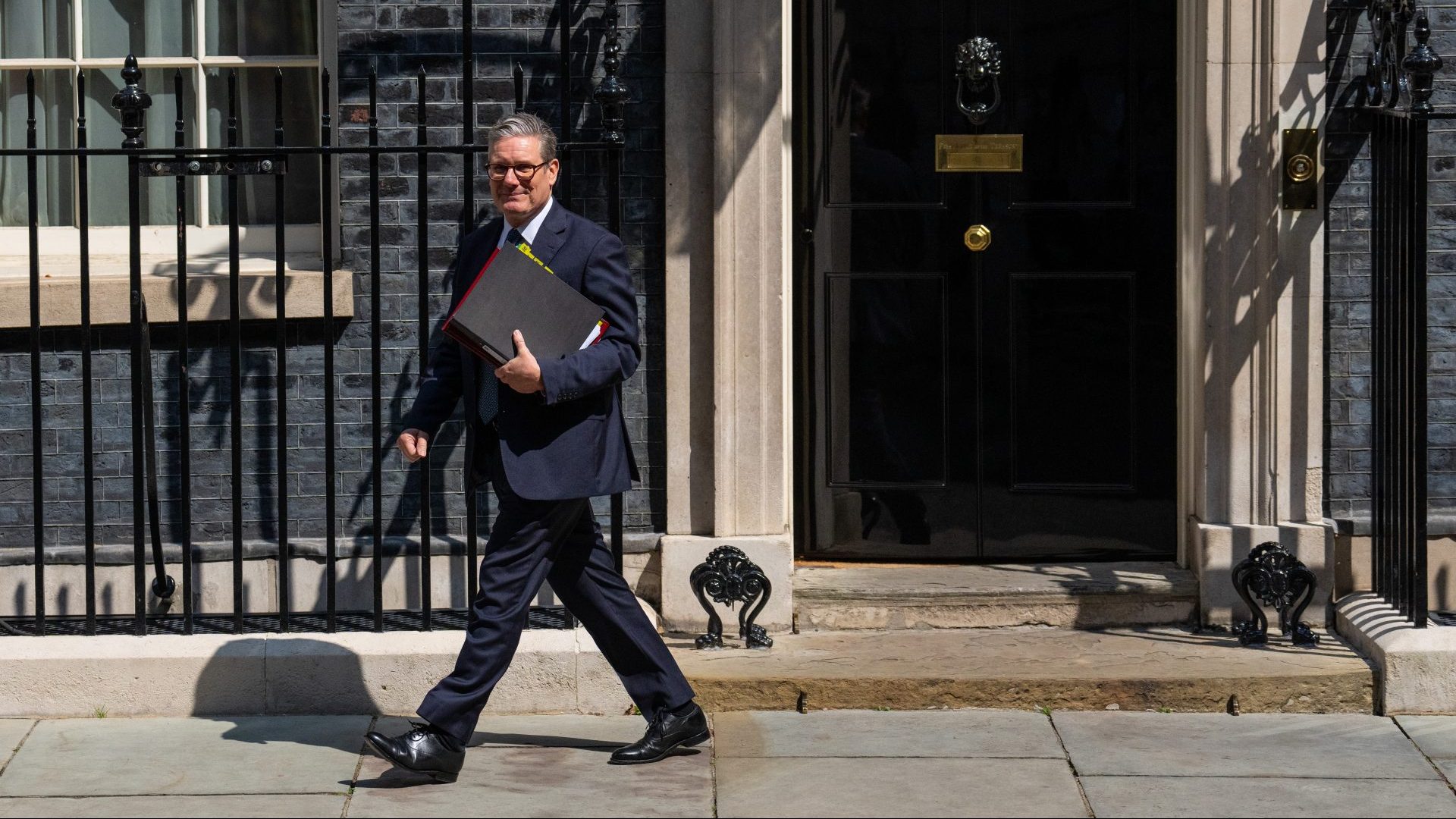Where does opposition come from? This isn’t a rhetorical question, or at least not quite. When you’re in government and trying to reshape the country in your image, who is likely to try and stop you?
For many of the past few years, Parliament was very split. The majorities were either small or not functionally existent, and the main opposition could, if playing deftly, manage to get its own way. Things changed to an extent in 2019, when Boris Johnson handed the Conservatives a double-figure majority, then again earlier this month, when Labour returned to power with a working majority of 180.
From the outside, they look unassailable. There are only 121 Tory MPs left in Parliament; they are no longer a force to be reckoned with. Up in Scotland, the SNP vote collapsed as well, meaning that Labour is reigning supreme over Great Britain.
Does this mean Starmer should now relax, confident that anything he wants to achieve over the next five years will get through unimpeded? Not necessarily. The State Opening of Parliament took place only last week, yet some trouble is already brewing.
Earlier this week, an unlikely alliance of MPs got together in order to try and force the government to drop the controversial two-child benefits cap. This coalition included 7 MPs from Labour’s left, including John McDonnell and Zarah Sultana, who have now been suspended from the party after choosing to defy the party’s whip.
Also up in arms were the Liberal Democrats, who tabled an amendment calling for the cap to be scrapped, and the SNP, who brought in their very own amendment. Perhaps surprisingly, controversial gender critical MP Rosie Duffield also spoke up about the policy.
Even more unexpected was Suella Braverman’s intervention. The former home secretary and right-wing stalwart surprised everyone on Monday night by standing up in the Commons and attacking Labour for failing to get rid of the cap in the King’s Speech. You could argue that she should have thought of doing something when she was a cabinet minister, but that’s beside the point.
In the space of about a week, opposition managed to rise up organically from many different corners of the Commons. No10 could and should have seen some of them coming – left-wing MPs have long been vocal about their distaste for the cap – but others were harder to foresee.
At risk of stating the obvious, this is not a coalition made to last. In fact, they’re probably not even really working together on this one issue. Still, that all this happened in Labour’s first month in government should raise some concerns in Downing Street.
Having a small majority means knowing that the centre of power – the arena where fights take place – is the chamber of the House of Commons, and the main antagonist is the official opposition. You can’t always predict how, say, the Conservatives will behave, but it’s usually possible to hazard a guess.
If, however, your majority is such that even the shadow cabinet has little hope of making waves, then nature will find a way. It’s something Johnson’s government had to experience over free school meals, among other things. Jeremy Corbyn could do little about it, but young, famous and beloved footballers decided to speak up, and turned into considerable foes.
Crucially, this kind of opposition is often unpredictable; there is little way of knowing who will speak up when, and what unexpected alliances may be formed then dissolved. Again, Starmer’s majority means that he shouldn’t be too worried about losing parliamentary votes, but there is more to governing than the backbenches. There are a number of newspapers and TV channels out there who would like to see him fail; if there is a way of turning the narrative against him, they will go for it.
What this means in practice is that his government shouldn’t look at the state of the Commons then decide to rest on their laurels. The Conservative party has been defanged for now, but opposition, like life, always finds a way.











